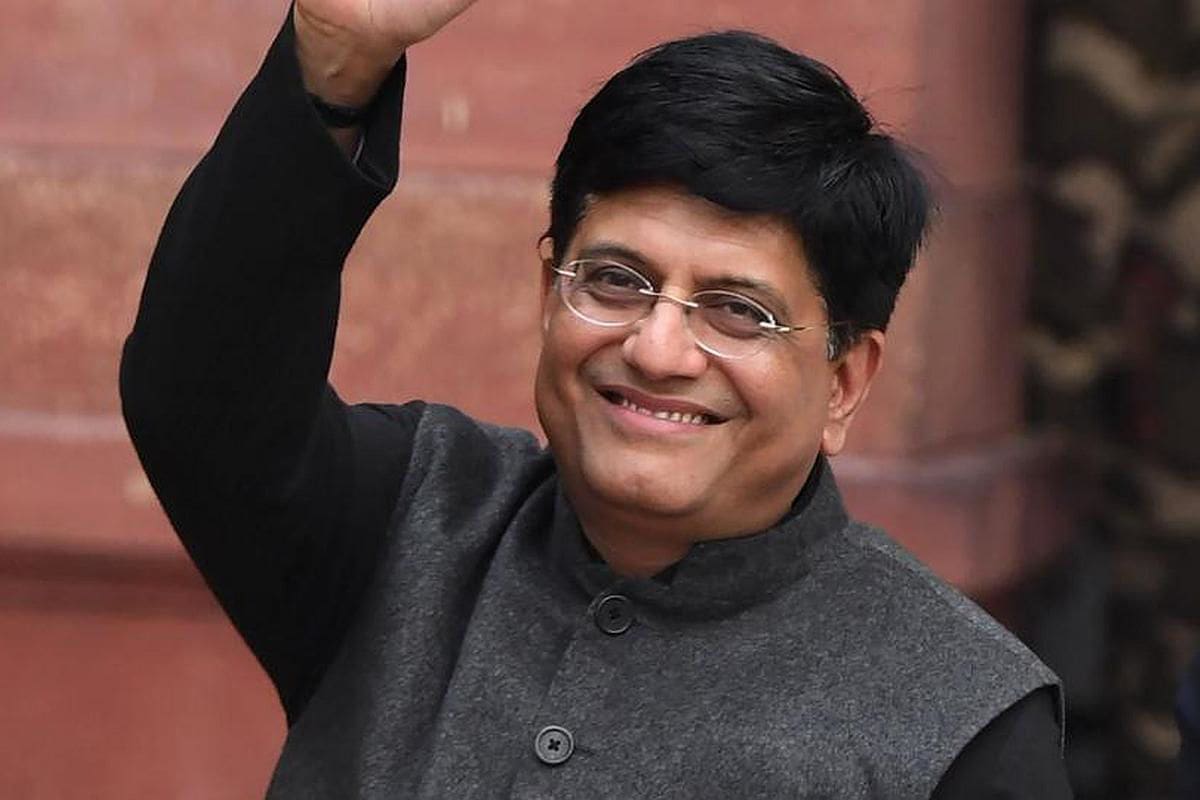The government is considering a proposal to trim the frequency of renewals and permits that are to be obtained by companies, commerce and industry minister Piyush Goyal said on Saturday, as he called for further reduction in India Inc’s compliance burden through greater collaborative efforts by both states and the Centre.
“Our effort, along with states, is to eliminate burdensome compliances, or reduce the need for licensing, reduce the regulatory burden, permissions, and rationalise the renewal process. But it only happens when we work together. Self-regulation and self-certification should be the way forward,” the minister said at a CII event on ease of doing business for Aatmanirbhar Bharat.
The department for the promotion of industry and internal trade recently said the government had scrapped the need for more than 22,000 compliances, decriminalised as many as 103 offences and removed 327 redundant provisions and laws in recent years to ensure greater ease of doing business.
Goyal pitched for making mediation the preferred mechanism for commercial dispute resolution, instead of rushing to courts every time there is a dispute.
He also favoured deeper engagement among industry, government and judiciary to find solutions to the vexed issues of delay in the resolution of commercial disputes within the country’s legal framework.
The minister also exhorted industry to tap the regulatory compliance portal as well as industrial land bank portal and share their feedbacks to further improve on them.
“We are looking at the availability of industrial land at affordable prices. Self-regulation must be the norm. I urge industry to suggest ways to move towards transparency and self-regulation,” Goyal said.
Speaking on the occasion, Niti Aayog chief executive Amitabh Kant said while the Centre has expedited the process of reforms, states need to keep up the pace. There is scope for a lot of reforms by states and those in eastern India hold immense potential.
The Centre has also opened up several sectors, including coal, mining and petroleum, for greater competition and this will lead to transfer of technology and help leverage natural resources, Kant added.

